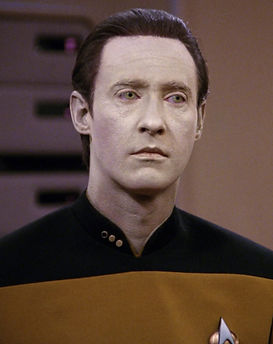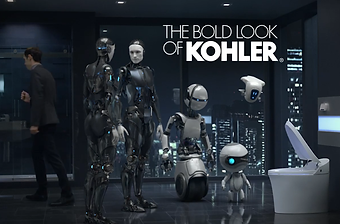

Difficult to Discern
Remember that this project is centered around a problem that we do not, yet, experience in society. As demonstrated by our would-be hoverboard enthusiast, it is conceivable that common place AIs might be difficult to tell apart from everyday humans. In such a circumstance society, will need to evolve and adapt to a new social norm, the question is what would that entail.
Proposal One starts by assuming AIs may be sentient which necessitates the development of a firm way of defining consciousness. Then it extends universal rights to all entities at or beyond some predetermined threshold of consciousness. I decided based on the proposal criteria that this proposal was moderately feasible, moderately acceptable, excellently ethical, and excellently fair.
On the other hand, Proposal two assumes that AIs can only ever amount to their programing and will thus remain subordinate to human kind. It extends some limited rights to robots, but also requires them to identify themselves so as to avoid confusion. I scored this proposal to be moderately feasible, moderately acceptable, poorly ethical, and poorly fair.
Looking at the final scores, the first proposal appears to be the obvious winner (cue the metallic clapping). It scored higher in the ethical and fairness categories than the second one. While both proposals tied in feasibility and acceptability, there was a stark difference when considering the ethics or fairness. The first proposal addressed these concerns exceptionally well earning the higher excellent score, while the second proposal attempted to address these concerns but came away with a poor result.


I implore you, the reader, not be satisfied with the research expressed solely on this website. There is so much information surrounding this topic, and I have only barely scratched the surface with this project. I strived to ensure logical proposals and fair analysis but I will admit I have always had a fondness for robotics and artificial intelligence, so I for one welcome our robot overlords (joking of course!). And while we may not have hoverboards, machine learning and Artificial intelligence has made leaps and bound, just ask Siri. So, consider my scenario, set in the near future, with AIs that are difficult to discern from their human counterparts. It sounds like science fiction, but it might just be closer than you think.
Lieutenant Commander Data. 1987-1994. Star Trek: The
Next Generation. Fandom Powered by Wikia. By Paramount Television. Web. 3 Apr. 2017.
Never TOO Next. 2016. The Veil® Intelligent Toilet. YouTube. By KOHLER.
Web. 3 Apr. 2017.